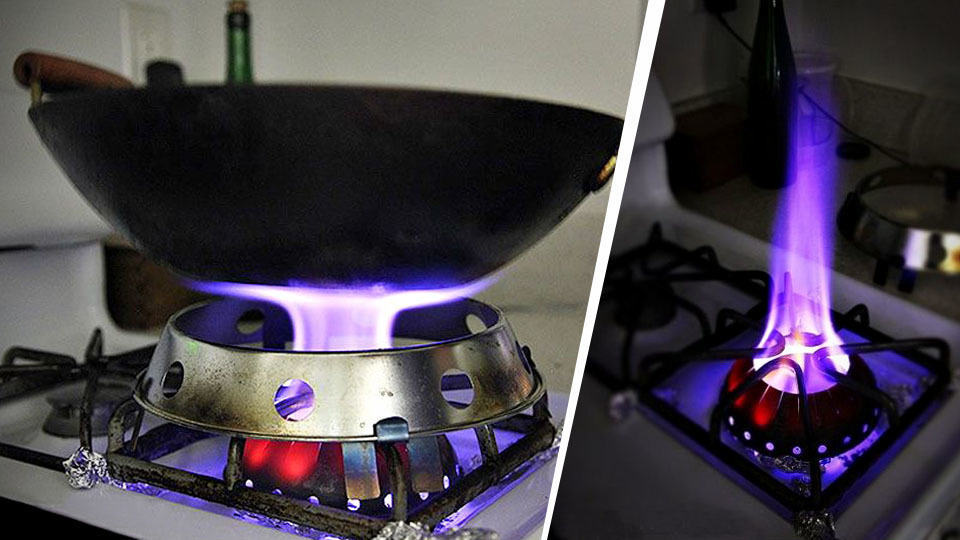We live in an age where technology is taking over the world. With so many innovations comes a unique one – smart homes. These homes connect to the owners’ devices, and they can access them anywhere. You can turn on the heat or the radio in your apartment and do many other things while not even being physically present in your home. You only need an internet connection to access your smart home’s features.
However, the internet also has its downsides when it comes to security, and you want to be safe when it comes to your home. The question is: are smart homes safe? If it is not, what security measures can you take to make it safer? Well, let’s find out!

Security and Privacy Threats
The internet has become scary for many because fraud and cyberattacks happen daily. We’ve all heard or experienced some inconveniences on the internet. You might want to think about your online security, especially if your home is connected to the internet. Despite the common internet-connected devices, we see an era of less conventional gadgets.
It is crucial to protect your internet-enabled devices, especially if they all connect to the same network. Being on the same network could help cybercriminals quickly access your information, including your personal and sensitive data and social media.
How Do You Make Your Smart Home Safe?
Considering that the internet can be dangerous, you should be careful about the devices you connect to your home network. You can take several essential steps to make your home secure and far more challenging, or nearly impossible, for potential criminals to hack.
With these tips, you can sleep without worrying about your intelligent devices becoming your enemies. The best part is that you don’t need a professional to help you, as you can do it independently. Here is what you can do.
A small note before we start is using reliable home software for Windows. It needs to be capable of protecting all data and be a standard for home technology enthusiasts.
Use Different Networks
If you connect all your devices to the same network, thus enabling device-to-device communication, someone could likely hack into your smart devices. They could steal information that should remain private.
One solution is using different connections or guest networks for all your devices. With multiple separate networks, you won’t need to worry about your smart devices sending your bank details to a potential hacker. These guest networks are separated from your primary network, so they will not store all information in one place, and only you will have control over them.
Guest networks can also protect you from, as the term suggests, the potential harm that comes from your guests’ devices. By giving them the password to your guest network, you won’t have to worry about your other devices and your entire smart home.
Use Strong Passwords
When using an intelligent device, it is probably the easiest to make your password something easy and memorable, such as your name, date of birth, or your pet’s name. However, that is not the best way to enhance your device’s security since the password is not strong enough.
To make your smart home more secure, you should use strong passwords containing a mix of capital and small letters, numbers, and special symbols.
Creating a strong password that will secure your devices can be difficult at first, but you won’t have to worry anymore once it is done. It is easier for you to write down your new password than fear a possible threat.

Use a VPN
A Virtual Private Network is an application making your internet connection safe and untraceable. No one can see your online activity when using a VPN, which is integral to your smart home system.
A VPN helps you hide your identity and information so that no one can steal them. It masks your IP address, assigning you an IP of one of its servers, thus hiding your location information.
A VPN additionally encrypts your already encrypted information, so even the bits that are not private without a VPN become secure. No one can intercept your internet connection because they can’t even see you online, making you entirely anonymous.
You can significantly protect your data by using a VPN, ultimately making your smart home a safe place. So, install a VPN for PC at your home as the first line of defense against unnecessary tracking and data theft.
Conclusion
If you have a smart home or are considering beginning that journey, the first thing you want to do is ensure that you, your family, and your friends are entirely safe in your home.
Since the internet can be a place full of crime and inconveniences, it is vital to take all the necessary safety measures to enjoy your unique and innovative home. If you follow the steps mentioned above, you can ensure that no one will ever invade your home and privacy.
Featured image: Pixabay (Pixaline).


